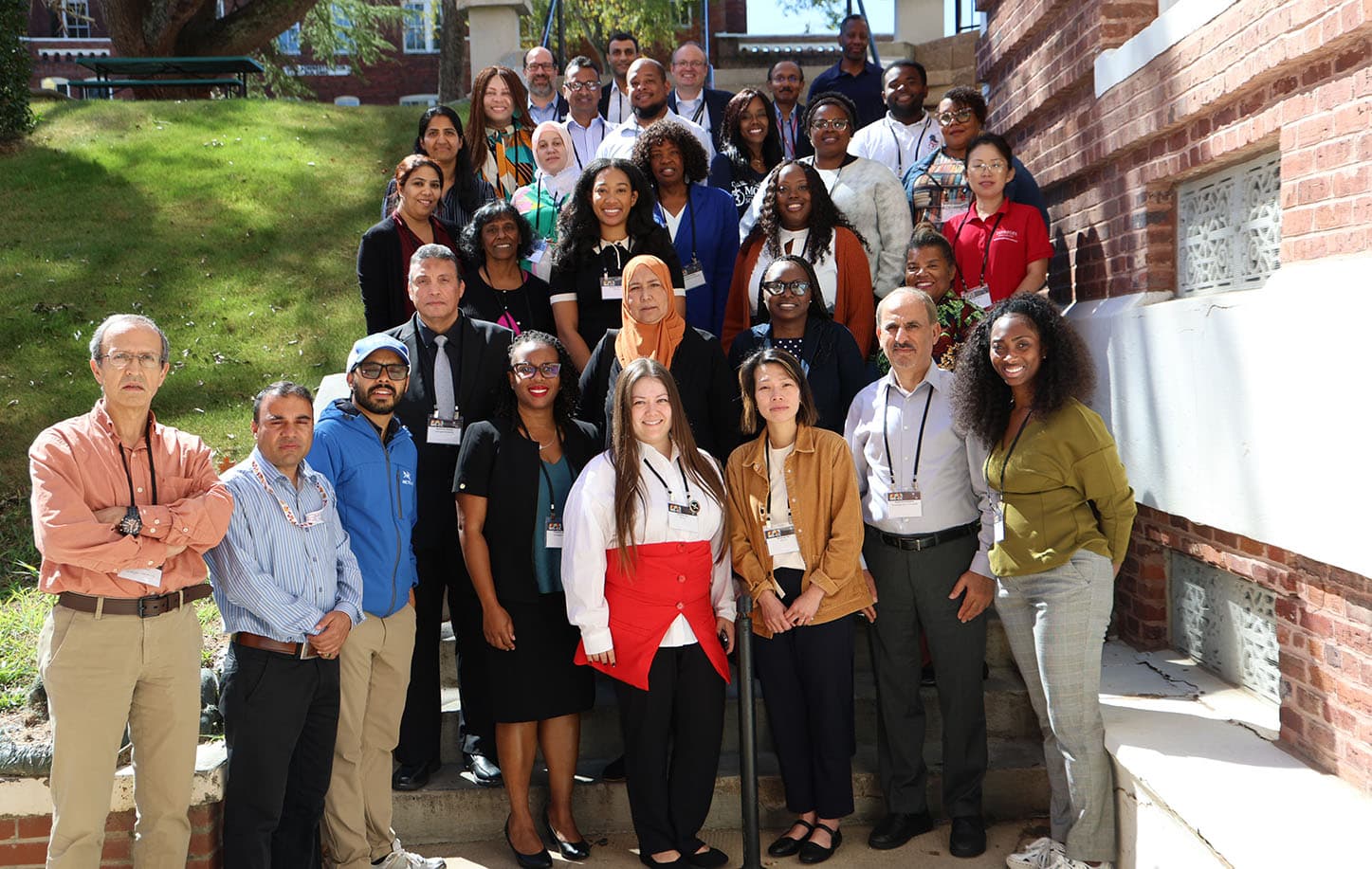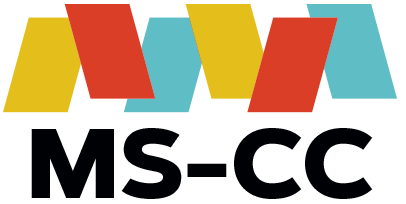By Amanda Tan, Associate Director, MS-CC Research Development
Tuskegee University hosted the MS-CC Research & Technology Workshop on October 14–15, 2025, welcoming faculty, students, and research professionals from across the Southeast to explore how cyberinfrastructure (CI) can accelerate research and teaching in agriculture, engineering, biomedical science, and beyond.
Held in Tompkins Hall Ballroom, the two-day event was part of the MS-CC’s nationwide workshop series focused on expanding access to advanced computing, data science, and cloud technologies at historically Black colleges and universities (HBCUs) and tribal colleges and universities (TCUs).

Building Connections Across Disciplines
Opening remarks from Tuskegee’s provost, the dean of the College of Agriculture, Environment, and Nutrition Sciences, and Mayor Tony Haygood set the tone for collaboration and innovation. They encouraged participants to see cyberinfrastructure not as a single technology, but as a bridge — linking disciplines, data, and people in support of shared research goals.
Throughout the workshop, participants engaged in activities designed to help them identify their own research tools and needs. The interactive session “What Tools Power Your Research?” illustrated just how connected different disciplines already are through data, computation, and digital workflows.
As one participant reflected, “Every part was valuable; it’s difficult to narrow it down to one. The panels, the engagement, and meeting new colleagues were all energizing.” Another added, “The collaboration opportunities and the interactive segments were instrumental.”
Exploring the Power of Cyberinfrastructure
The first day featured a Cyberinfrastructure 101 overview followed by an interdisciplinary Tuskegee faculty panel, where speakers from animal science, biomedical research, engineering, and business described how data, digital tools, and computation are transforming their research.
The Collaboration Connector session helped set the framework for cross-institutional collaboration around CI resources, while a Cybersecurity for Research session highlighted how to protect data and enable secure collaboration in cloud and shared-infrastructure environments.
The day closed with faculty and student lightning talks, highlighting real-world applications of cyberinfrastructure, from data visualization projects to climate and agricultural modeling, demonstrating the tangible impact of CI across campus.
From Ideas to Implementation
Day two moved from exploration to action. During the Research Infrastructure Panel, participants discussed the unique challenges of building research capacity at teaching-focused institutions and how partnerships can amplify resources. The Grants & Funding Roundtable drew strong interest with many attendees noting that learning to integrate CI into proposals for agencies like NSF, USDA, and NIH was among the most valuable lessons learned.
“The push for AI in the engineering curriculum and grant ideas was particularly exciting,” one participant shared.
The Collaboration Connector Session also gave attendees space to form interdisciplinary teams and sketch potential projects. These discussions sparked at least three faculty-student use cases for CI adoption and set the stage for continued engagement with MS-CC peers.
Looking Ahead
Participants left with new knowledge, connections, and momentum. Many emphasized that the workshop strengthened their understanding of how to bring cyberinfrastructure into their own research fields and how it could open new pathways for collaboration.
Suggestions for future workshops included adding more networking opportunities and tailoring interactive activities to a wider range of disciplines. As one participant put it, “It would be great to hold a segment where people from different fields can explore how CI applies to their specific area.”
Building on these insights, the MS-CC team plans to continue expanding its regional training series to equip HBCUs and TCUs with the tools, partnerships, and expertise needed to accelerate innovation through advanced computing.For more information about upcoming workshops and opportunities to collaborate, visit ms-cc.org.
